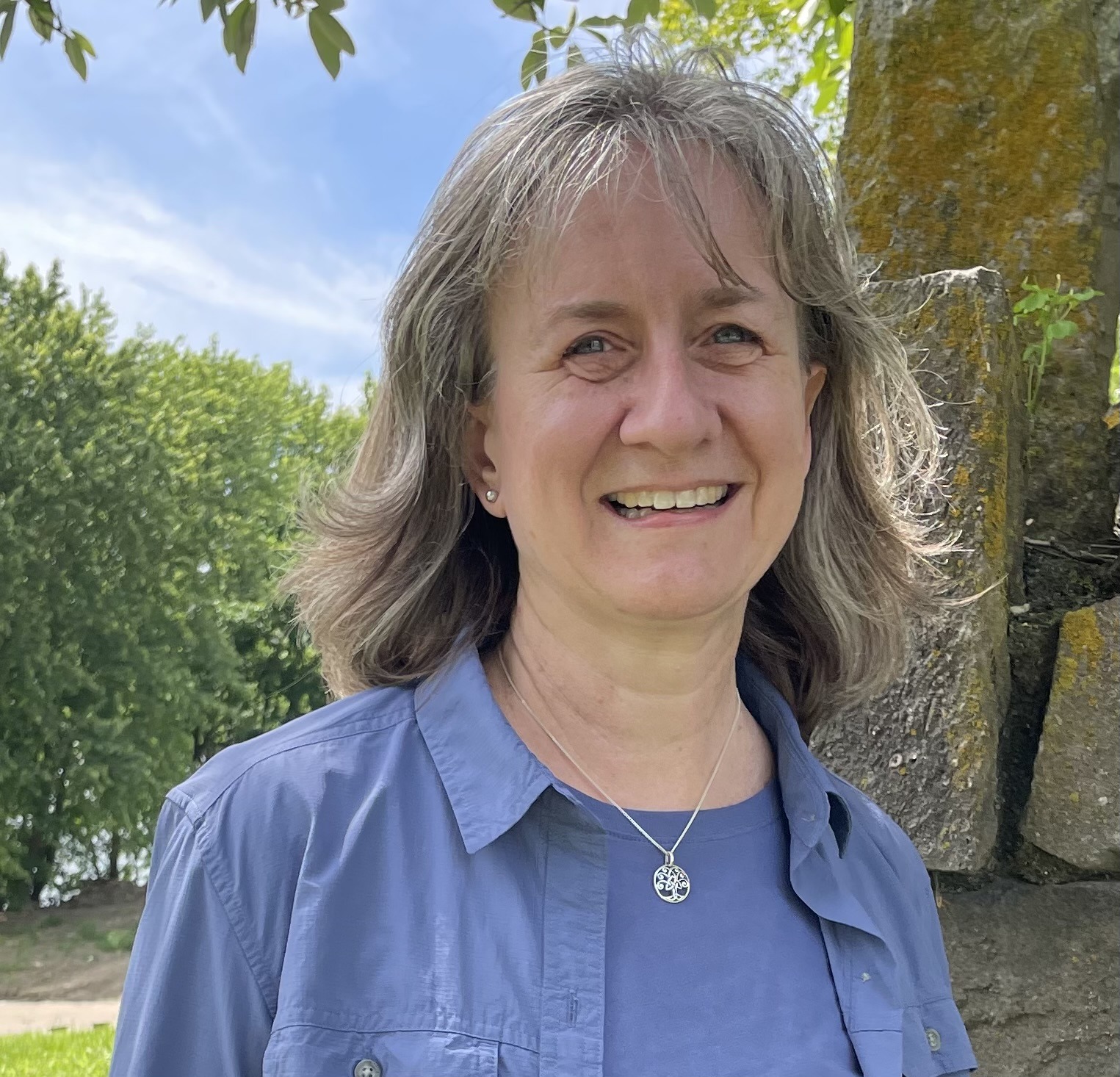 Jamie Noyd continues her series on what scholars can learn from the Book of Ruth.
Jamie Noyd continues her series on what scholars can learn from the Book of Ruth.
And Ruth the Moabite said to Naomi, “Let me go to the field and glean among the ears of grain after him in whose sight I shall find favor.” And she said to her, “Go, my daughter.” – Ruth 2:2
Reflection
To some extent I’m sure most of our departments and universities meet some of the expectations we had at the outset. The Master of Arts program is challenging and provides opportunities to engage with favorite writers. Our advisors encourage us to spend time with family and friends outside of our studies. Our students are enthralled with learning, especially with our research. Our university is focused on asking the big questions – those of meaning, justice, life.
However, at the same time, maybe only a week into a new program, our expectations for the story we thought we were entering often come crashing down. The students we expected to engage with in weekly face-to-face conversations have become remote avatars from around the world. The academic politics, the reluctance of others to share their research, and the generally inhospitable atmosphere of our departments are a struggle. We’ve heard of stimulating conversations in the past that have led to changes in the fundamental values of the institution, but have yet to get anyone to have lunch with us or comment on more than last night’s basketball scores.
What do you do? Make a fortress in your office? Learn the rules and play the game?
When Ruth and Naomi arrive in Bethlehem, Ruth, who may have been expecting to see more of God’s loving kindness that Naomi prayed over her at the beginning of their journey, encounters a story of bitterness instead. Naomi even asks that people call her Mara, bitterness, to mirror how she sees God’s treatment. She is ready to hide away in her home and remain mired in grief. Was this what Ruth was expecting when she chose to follow?
Even though Ruth is a foreigner in this land, she steps out of Naomi’s story of bitterness into that larger story of mercy that drew her to this place. She has heard of her father-in-law’s relative who still lives in the area and so she goes into the fields to glean leftovers from the harvest. She follows this new story, seeking the favor of the kinsman.
We too, when we encounter undesired and despairing stories, have a choice to make. Will we stay mired in the places of bitterness, or will we seek out opportunities of favor? This is not easy when there is so much around us that calls us to just survive. To pull back and be safe. To fend for ourselves. However, there is a larger story that calls.
Let the favor of the Lord our God be upon us,
and establish the work of our hands upon us;
yes, establish the work of our hands! – Psalm 90:17
When we feel lost in a story on our campus, in our cities, and, yes, even our churches, and see bitterness and brokenness around us we can continue to trust that the favor of God rests upon us and we can move out of this place. Not because of anything we have done, but because of his great mercy.
Questions
- Have you ever arrived at a place and the story was not what you expected?
- Where do you look for that larger story?
 
Lord, Thank you that we do not need to remain stuck in our earthly stories. Help us to show those around us the larger story of your mercy within our departments, our fields, our institutions. Amen.
Prayer
Lord, Thank you that we do not need to remain stuck in our earthly stories. Help us to show those around us the larger story of your mercy within our departments, our fields, our institutions. Amen.
Image courtesy of realworkhard at Pixabay.com
![]() Note: Part of a Scholar’s Compass series on Ruth. Help ESN Create a Devotional for Scholars.
Note: Part of a Scholar’s Compass series on Ruth. Help ESN Create a Devotional for Scholars.

Jamie serves with InterVarsity Graduate and Faculty Ministries as an Associate Director of Faculty Ministry and as interim Director of the Emerging Scholars Network. Among other things, in this work she enjoys the opportunity to put into practice her doctoral research in literary pilgrimage and training in spiritual direction. She also ministers with the local faculty community at the University of Cincinnati.

Leave a Reply